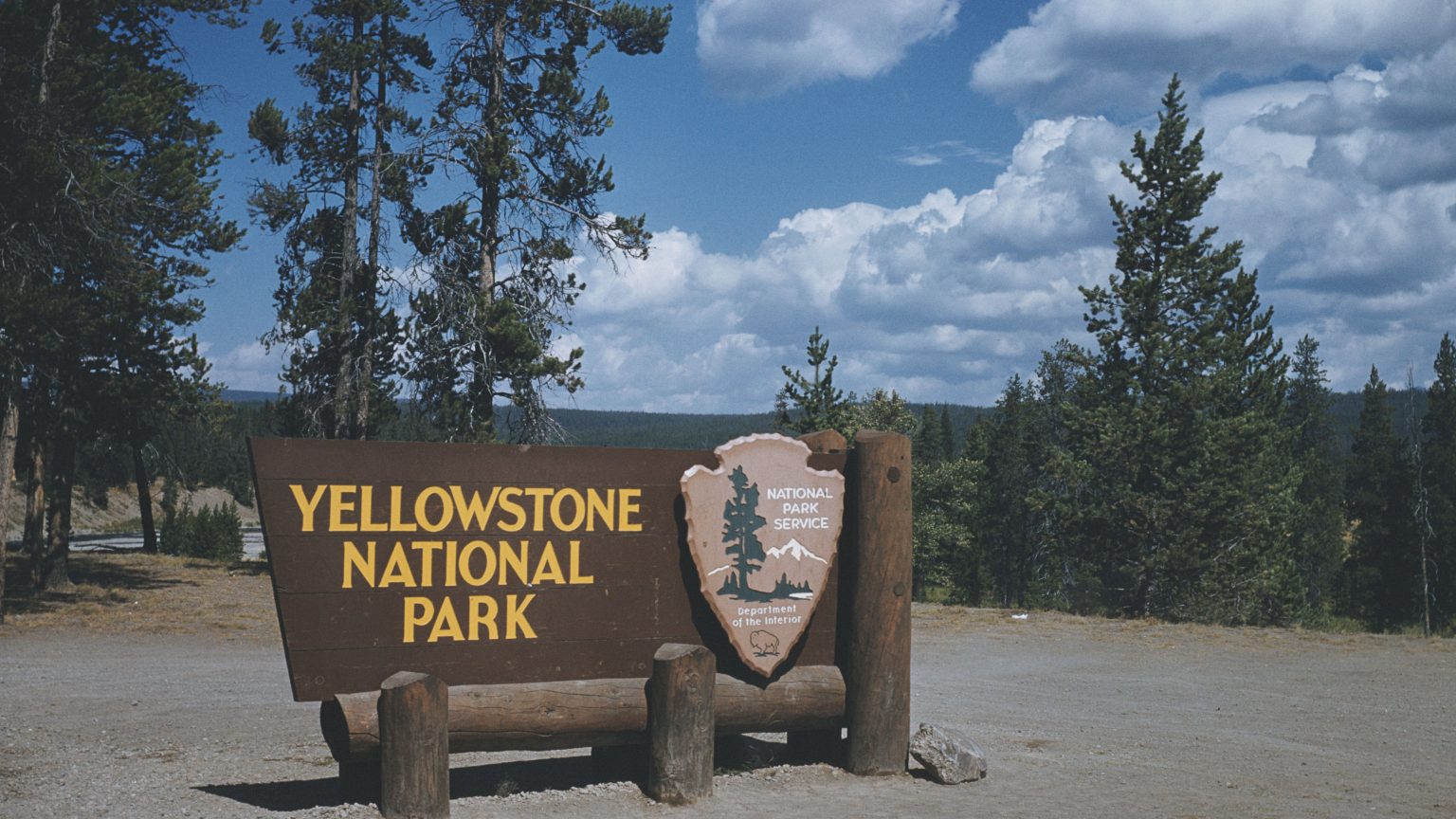On August 25, 1916, President Woodrow Wilson signed the National Park Service Organic Act into law, creating the National Park Service and establishing it as a federal bureau responsible for protecting national parks and monuments. This marked a significant step in growing and protecting the world’s largest park system. The NPS now manages over 400 protected reservations in all 50 states and employs about 20,000 people, welcoming around 300 million visitors annually.
The United States had established the world’s first national park, Yellowstone National Park, in 1872 under President Ulysses S. Grant. Subsequently, Yosemite, Mount Rainier, and Crater Lake national parks were established, reflecting a growing desire to protect the nation’s wilderness and historic sites. However, by 1916, more than a dozen national parks and 30 monuments operated with little oversight, leading to exploitation of natural resources and wildlife. The Organic Act aimed to address these issues by improving management of the park system.
The Act gave the National Park Service a dual mission of conserving park resources and providing for their use and enjoyment in a manner that would leave them unimpaired for future generations. This directive has been regarded as one of the most important statutory measures in protecting natural and cultural heritage in the United States. The National Park System, established by the Organic Act, has been praised as “the best idea America ever had” and described as “America’s gift to the world.”
Today, the U.S. National Park system covers approximately 133,000 square miles, roughly the size of Germany and larger than countries like Poland, Italy, or the United Kingdom. Combined, America’s national parks are larger than 170 nations in the world, highlighting the vast and diverse landscapes protected within the system. The National Park Service continues to play a crucial role in preserving these natural and cultural treasures for future generations to enjoy.
The establishment of the National Park Service Organic Act was a response to the exploitation and lack of oversight that threatened the nation’s parks and monuments. This pivotal legislation set the foundation for the management and protection of America’s vast wilderness areas and historic sites. It emphasized the importance of conserving resources while ensuring public access and enjoyment, all while maintaining the integrity of these special places for future visitors.
As the National Park Service celebrates over a century of stewardship through the Organic Act, the significance of America’s national parks as a gift to the world becomes increasingly evident. The enduring legacy of this legislation and the dedicated efforts of park rangers and staff continue to uphold the mission of preserving these natural and cultural wonders for generations to come.


